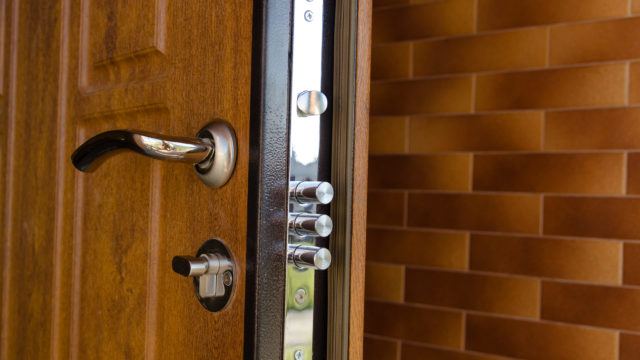Pensions are always an area up for discussion when election time rolls around, and the weeks leading up to this year’s snap election have been no exception. The biggest talking point is around the topic of the ‘triple lock’, the guarantee that pensions will rise in line with the growth in wages, the rate of inflation, or by 2.5% – whichever is highest.
Whilst Labour have pledged to continue with the triple lock should they come into power after 8th June, the Conservatives have refused to confirm that they will protect it. As Theresa May is currently projected to continue as Prime Minister following the election, this casts serious doubt over the future of the triple lock, as well as raising questions over both what would replace it and what that would mean for pensioners.
The key problem with the triple lock from the government’s point of view is the expense of maintaining it. Since it was introduced in 2010, the system has cost close to £2 billion, mainly due to the fact that there have been three years – 2013, 2015 and 2017 – where the 2.5% increase has applied. Should the triple lock be retained only for those who retired before 6th April 2016, with those retiring after that simply seeing their pension increase in line with earnings alone, this could potentially save the government an annual figure of almost £3 billion by 2028.
The value of the triple lock for pensioners has also been called into question. Had pensions in 2017-18 increased in line with inflation, they would have reached a weekly sum of £115.28. A rise based on the rate of inflation would have meant a figure of £120.26 per week. But, as 2.5% was the highest of the three percentages this year, pensions grew in line with that figure, meaning a weekly amount of £122.30 – just £2.04 more than if a ‘double lock’ of inflation and wages increases had been applied.
As such, many are now questioning whether maintaining the expense of the triple lock for the sake of less than £10 more a month for pensioners is worthwhile. The future of the triple lock is currently far from certain, although the Conservatives know that suggesting it will not be maintained could be a costly move, potentially alienating the ten million or so voters currently receiving a state pension.

Comments on Is the triple lock likely to become the double lock?
There are 0 comments on Is the triple lock likely to become the double lock?